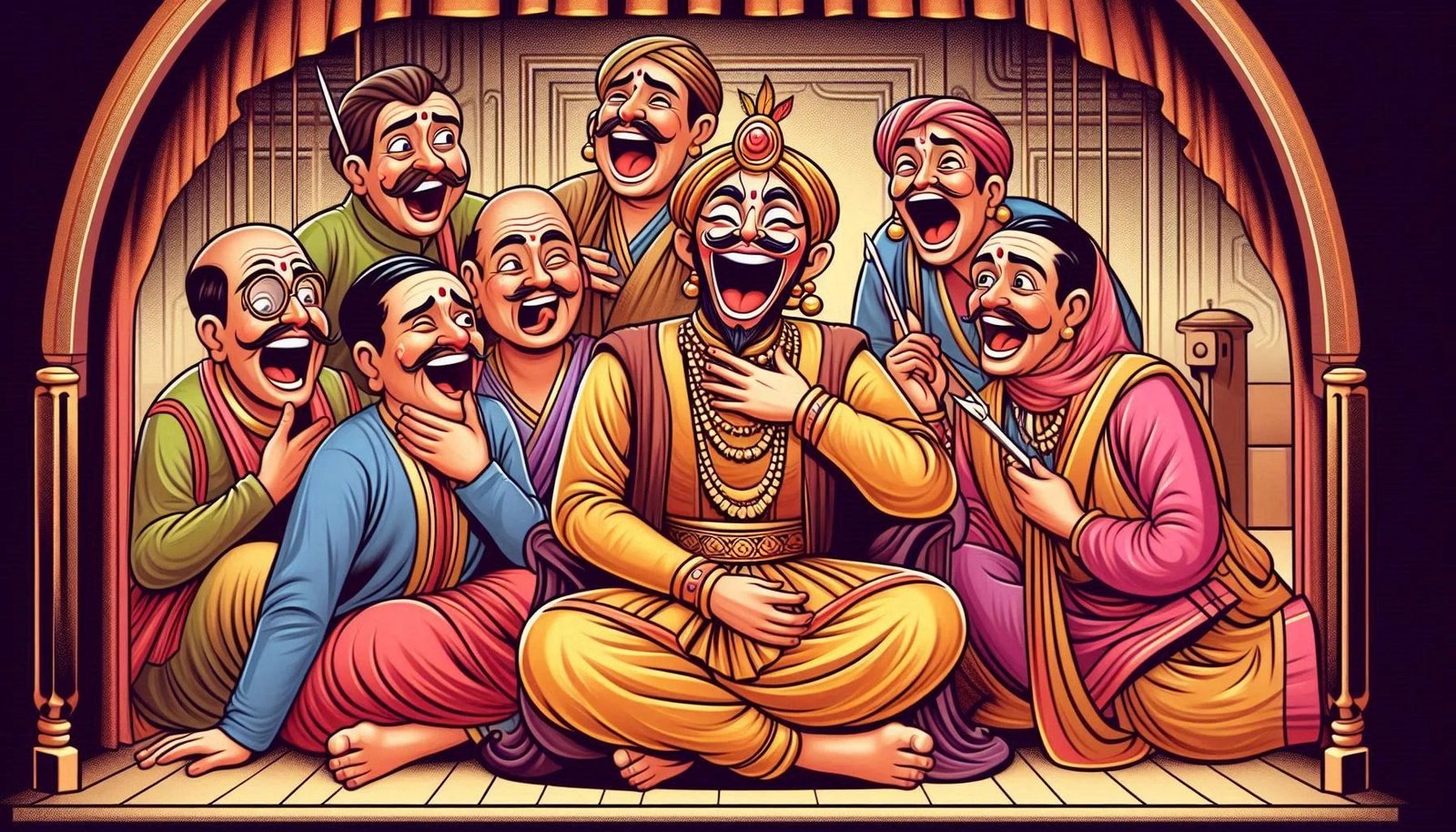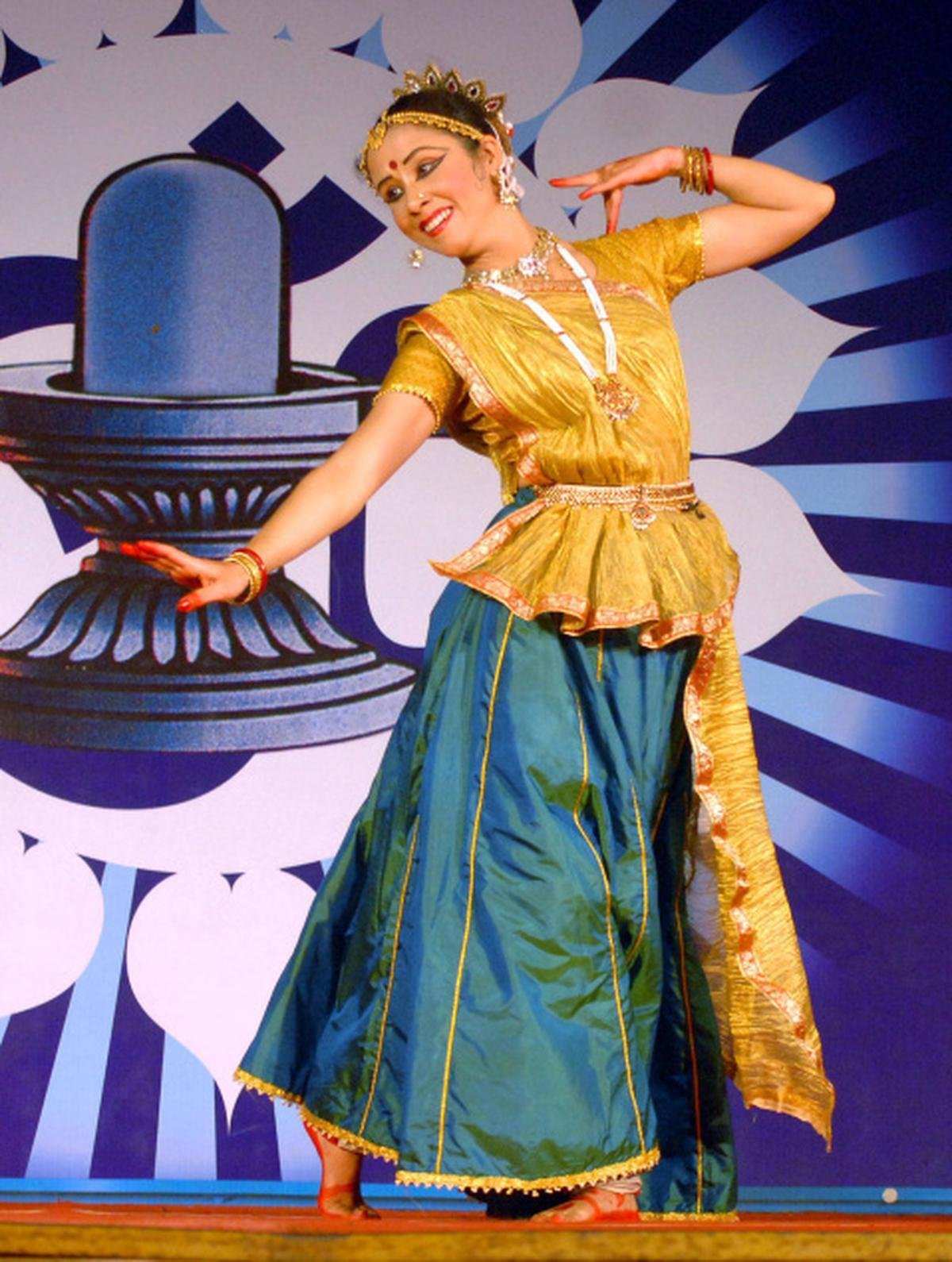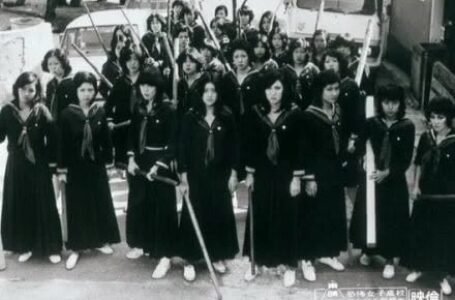Hasya Rasa: The Power of Laughter in Indian Folklore

The concept of “rasa” represents the essence of human emotions and plays an important role in the tapestry of Indian art and literature. Among the nine states of happiness or emotion described in classical Indian aesthetics, laughter or humor shines brightest as an expression of joy, sarcasm and wisdom. This blog delves into the origins, mythology and cultural significance of humor, and shows how humor functions not only as entertainment but as a profound commentary on society, morality and values.

Origin of Hasya Rasa
Comedy comes from the Natya Sastra, an ancient Indian theatrical text attributed to the sage Bharata. According to theatre, rasa is the emotional flavor or essence experienced by the audience through art, comic flavor comes mainly from the expression of joy, playfulness and humor This feeling comes from two main sources: hasa (laughter) and vilasa (a display of action or humor ). Over time, the taste for comedy expanded beyond the realm of stage drama and continued to permeate fairy tales, village theater and everyday life. It has become a way for people to ease their burdens, challenge social norms, and enjoy shared human experiences.

Mythology and Hasya Rasa
Myth is a clear backdrop for a joke. Lord Kṛṣṇa and other demigods are well known for their evil pleasures and are personifications of humor. Krishna’s childhood jokes—whether stealing ghee from his mother Yashoda or mocking the gopis (milk worshippers)—are central to Indian mythology, demonstrating the power of humor to entertain, connect and even transform. Similarly, people like Narada, famous for his entertainment, add a touch of humor to Hindu mythology. These stories reveal how the sweetness of a smile melts a light heart into deep spiritual expressions, reminding devotees that humor and devotion can coexist in harmony.
Another example of humor in mythology is the character Tenali Raman, the court poet of Vijayanagara. Known for his quick wit and sharp sense of humor, Tenali exudes humor as he uses humor and wit to defeat his opponents and provide lessons for Tenali’s humorous approach with servants corrupt or foolish kings deal with cases reveals the importance of comedy as a form of wisdom and justice.

Hasya Rasa in Folk Stories and Theatre
Indian mythology is full of humor, making laughter a communal experience. Traditional storytellers or storytellers entertain audiences with funny tales of local heroes and rogues. Reports like Birbal, the witty court adviser to Emperor Akbar, or the famous Vikram-Betal series use humor as a narrative to get the audience engaged while staying true to morality and ethics lessons learned.

Plays like Yakshagana in Karnataka and Bhandapathere in Kashmir also emphasize humor. Through these performances, actors portray comic characters, often using humor to highlight social issues or mock local officials. Yakshagana, a traditional dance drama, promotes laughter with exaggerated costumes and facial expressions, making humor central to the performance Kashmiri folk theater Bhand Pather blends comedy and comedy to tackle social problems, and the plays often take a humorous approach to considering scenarios that could have been sensitive.

Conclusion
Humor in Indian mythology serves as more than just humor—it is a means of understanding humanity, society, and spirituality. Whether in myth, legend, or play, humor reminds us of the transformative power of laughter, encouraging introspection and providing relief from life’s challenges. Through characters like Krishna, Tenali Raman and Birbal, we see the use of humor as a weapon, a balm and a celebration of the human spirit. Embracing humor, Indian folklore not only entertains but reinforces cultural identity, uniting communities through the timeless language of laughter.


